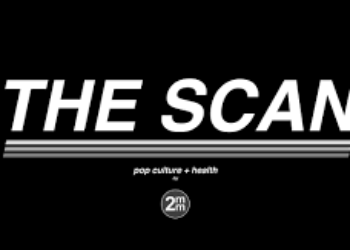#VisualAbstract: Meningococcal B Vaccine and Meningococcal Carriage in Adolescents in Australia
1. In this cluster-randomized trial involving Australian adolescents, administration of 4CMenB did not result in lower prevalence of carriage of any disease-causing genogroup of N. meningitidis at 12 months.
2. While 4CMenB may decrease the likelihood of late cases in outbreaks, its ineffectiveness in reducing transmission means that antibiotics remain a necessary measure for elimination of carriage.
Evidence Rating Level: 1 (Excellent)
Study Rundown: Meningococcal disease has a rapid progression and a high case fatality rate with the highest incidence in infants and young adults. While the relationship between asymptomatic carriage and risk of disease is not well characterized, it is hypothesized that reducing carriage prevalence in adolescents could confer some degree of indirect protection upon vulnerable persons, especially unvaccinated infants. The vaccine 4CMenB has been shown to be protective in infants and toddlers for at least two years, but its effects on carriage of disease-causing meningococci are unknown. This study found that, in secondary school students, administration of 4CMenB resulted in no significant difference in carriage prevalence at 12 months. Additionally, no between-group differences were observed in any prespecified secondary outcomes such as the prevalence of carriage of individual genogroups and acquisition of carriage. However, a number of risk factors were identified, including later year of schooling, smoking, and participation in intimate kissing. These findings are consistent with those of previous studies in which reduction of carriage occurred mostly in group Y with little effect on group B carriage. Strengths of this study were randomization at the school level, real-world design, and high retention and adherence. Some limitations were the lower-than-anticipated prevalence of carriage at 12 months and the use of a single outcome measure.
Click here to ready the study in NEJM
©2020 2 Minute Medicine, Inc. All rights reserved. No works may be reproduced without expressed written consent from 2 Minute Medicine, Inc. Inquire about licensing here. No article should be construed as medical advice and is not intended as such by the authors or by 2 Minute Medicine, Inc.






